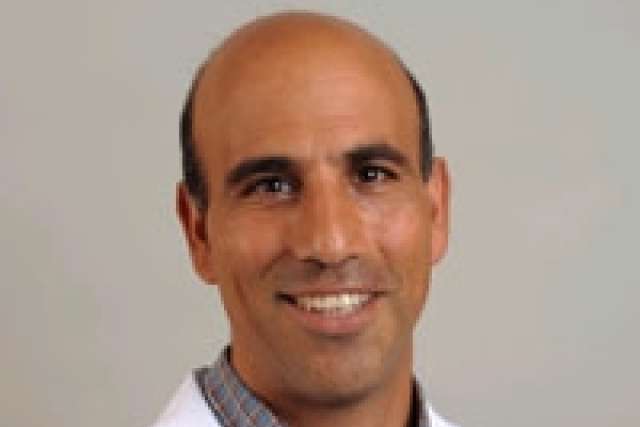Dear Doctor: I’ve been taking vitamin E for years because it’s an antioxidant and supposed to be good for me, but my doctor told me recently I shouldn't be taking it. Is that correct?
Just before I graduated medical school in 1997, I wrote a review about vitamin E. Due to its apparent antioxidant effect, it appeared to have great benefits not just for decreasing the risk of heart disease, but also for decreasing the risk of cancer.
I was convinced by two large observational studies that were published in the New England Journal of medicine in 1993. These studies analyzed data from both men and women who had filled out a questionnaire about diet and supplements and who were then followed for a period of 4 to 8 years. The results were promising. Those women who took vitamin E had 34 percent fewer heart attacks compared to those women who didn’t take vitamin E. Among men, those who took vitamin E had 41 percent fewer heart attacks. I was convinced and ready to preach the benefits of vitamin E.
The biggest problem is that a questionnaire is not a good assessment of daily vitamin E intake. Thus, studies were needed looking at intake of vitamin E supplements versus placebo.
The Women's Health Study followed almost 40,000 women over a 10-year period, giving one group of women 600 units of vitamin E every other day and the other a placebo. Researchers found no difference in rates of heart attacks. Then there was the Physician's Health Study, which assessed the impact of 400 units of vitamin E every other day -- and, again, researchers found no difference in the rate of heart attacks.
Many studies have assessed supplementation of vitamin E in cancer prevention, with varying results.
Those looking at vitamin E and prostate cancer have found no benefit from supplementation. Although one study did find a decrease in prostate cancer in Finnish smokers who took 50 IU of vitamin E daily, further studies did not support this benefit in smokers.
A study in China found that people with good dietary intake of vitamin E had a lower risk of developing lung cancer, but that those who took vitamin E supplements had a higher risk of lung cancer. In addition, vitamin E supplements have been shown not to have benefit in reducing the risk of either colon cancer or the formation of colon polyps. Some experts suspect that vitamin E may even increase the rates of prostate and lung cancer, as well as increasing the virulence of melanoma.
Further, other studies have found no decrease in death rates among those who took vitamin E.
As for the other reported benefits of vitamin E, such as its potential to decrease the risk of colds, cataracts, or dementia, those benefits have not panned out.
Currently, the recommended daily amount of vitamin E daily is 15 milligrams. You can get this from three ounces of almonds. Since vitamin E is a fat soluble vitamin, if you have problems absorbing fat, you may need more of it in your diet and should consider a supplement.
But a vitamin E supplement has no benefit for a healthy individual.
, is an internist and assistant professor of medicine at the University of California, Los Angeles.
Ask the Doctors is a syndicated column first published by UExpress syndicate.




